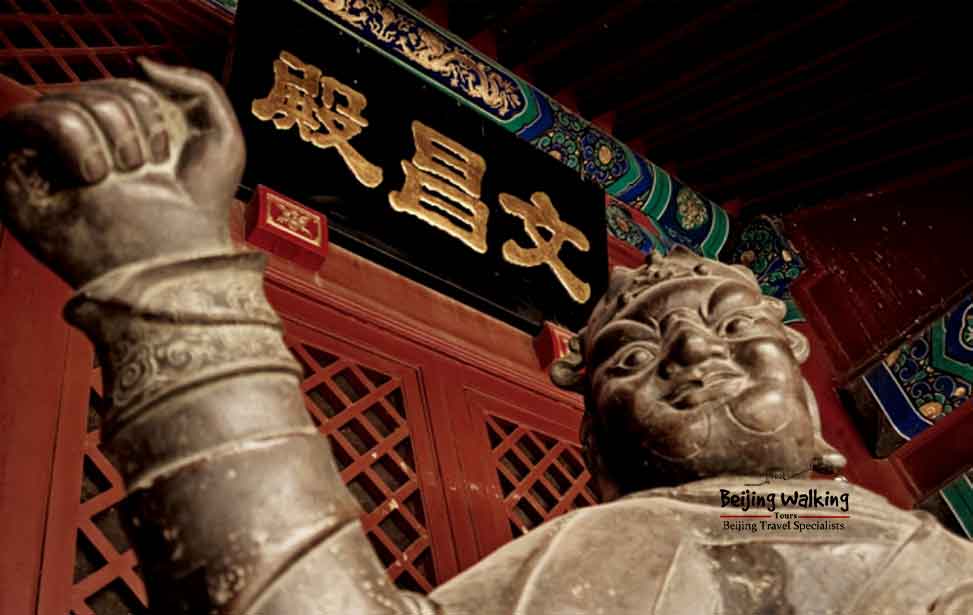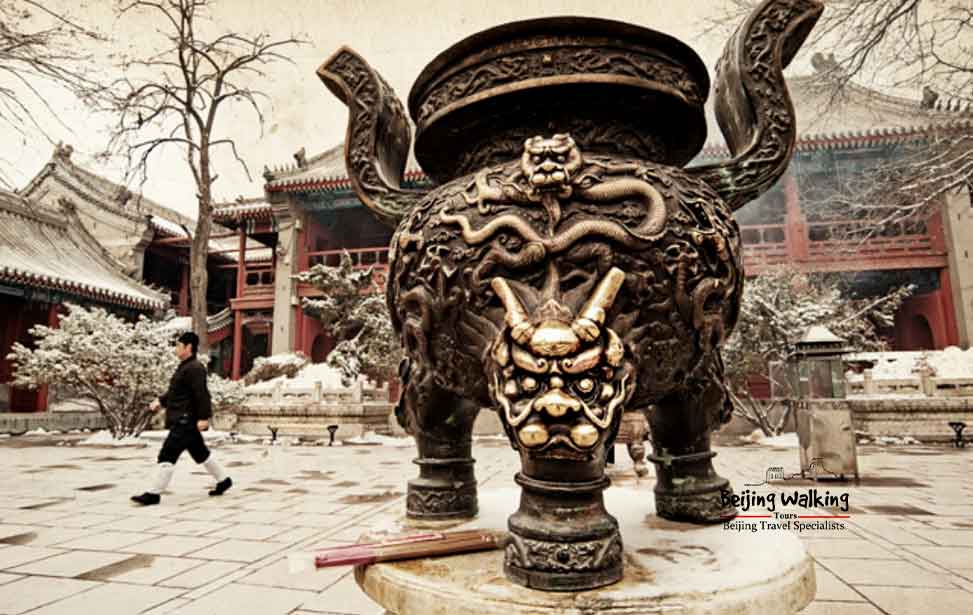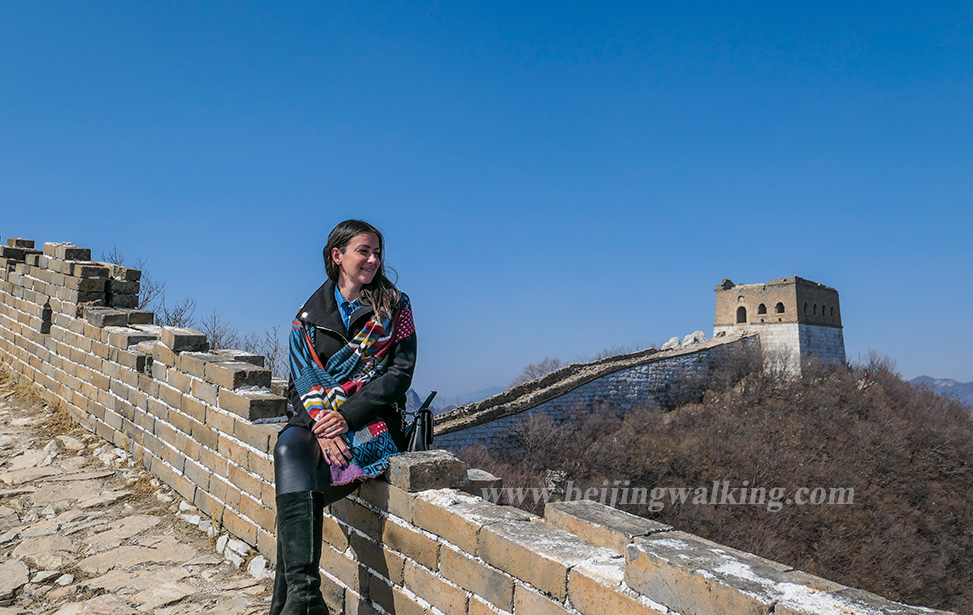White Cloud Temple: China’s Oldest Taoist Temple
Introduction to the White Cloud Temple
Located in the heart of Beijing, the White Cloud Temple is a captivating destination that offers an enchanting glimpse into Taoism’s rich history and profound teachings. As the oldest Taoist temple in China, it has been a spiritual sanctuary for centuries, attracting visitors worldwide who seek tranquility and spiritual enlightenment. In this article, we will delve into the fascinating history of the White Cloud Temple, explore its remarkable architecture and design, gain insights into Taoist beliefs and practices, learn about famous Taoist masters associated with the temple, and discover practical tips for visiting this remarkable place. So, let’s embark on a journey of discovery and immerse ourselves in the serene beauty of the White Cloud Temple.
Open time and tickets:
The White Cloud Temple in Beijing is open daily from 8:00 AM to 4:30 PM
The ticket price for visiting the temple is 10 CNY.
Address: No. 8, Baiyun Road, Xuanwu District, Beijing 中国北京市宣武区白云路8号
History of the White Cloud Temple
The White Cloud Temple, also known as Baiyun Guan “白云观,” has a history of over 1,700 years. It was initially established during the Tang Dynasty in the 8th century and has since undergone several renovations and expansions. The temple’s name, White Cloud, derives from the ancient Taoist belief that clouds symbolize purity and enlightenment.
Throughout its long history, the White Cloud Temple has played a significant role in Taoism, serving as a place of worship, study, and contemplation. It has been a sanctuary for Taoist priests who dedicated their lives to pursuing spiritual wisdom and enlightenment. The temple’s serene atmosphere and beautiful surroundings have attracted countless seekers of truth, including emperors, scholars, and ordinary people seeking solace in the teachings of Taoism.
Architecture and design of the White Cloud Temple
The architecture of the White Cloud Temple is a harmonious blend of traditional Chinese design elements and Taoist symbolism. The main complex has several halls and courtyards, each with unique features and purpose. The temple is known for its exquisite craftsmanship, intricate carvings, and vibrant colors, which create a visually stunning and spiritually uplifting experience.
Hall of Three Purities: This is the main hall of the temple and the most important one. It houses three statues representing the Three Purities of Taoism – Yuanshi Tianzun, Lingbao Tianzun, and Daode Tianzun. The hall is adorned with intricate carvings and beautiful artwork.
Hall of Jade Emperor: Dedicated to the Jade Emperor, this hall is considered one of the most sacred places in the temple. It features a magnificent statue of the Jade Emperor and is adorned with colorful decorations and offerings.
Hall of Three Pristine Ones: This hall is dedicated to the Three Pristine Ones – Laozi, Guanyin, and the Bodhisattva of Universal Virtue. It is a tranquil space with serene statues and a peaceful ambiance.
Bell and Drum Towers: These towers are on either side of the main entrance. The Bell Tower houses a giant bell that is rung to mark the opening and closing of the temple. The Drum Tower holds a large drum traditionally used to announce important events.
Taoist beliefs and practices at the White Cloud Temple

Taoism, an ancient Chinese philosophical and religious tradition, is deeply ingrained in the culture of the White Cloud Temple. Taoists believe in the harmony of nature, the cultivation of inner energy, and the pursuit of spiritual enlightenment. At the temple, visitors can witness Taoist rituals and ceremonies, participate in meditation sessions, and learn about the principles of Taoism through the teachings of the resident priests.
The White Cloud Temple also houses a library that contains a vast collection of Taoist scriptures, texts, and historical documents. This treasure trove of knowledge provides valuable insights into Taoism’s profound teachings and practices. Visitors can explore the library and better understand Taoist philosophy and spirituality.
Famous Taoist masters associated with the White Cloud Temple
Over the centuries, the White Cloud Temple has been home to many renowned Taoist masters who have significantly contributed to developing and preserving Taoist teachings. One such master is Wang Chongyang, the founder of the Quanzhen School of Taoism. His teachings emphasize the importance of inner cultivation, moral integrity, and the integration of spiritual practice into everyday life.
Another notable master associated with the White Cloud Temple is Qiu Chuji, one of the Seven True Immortals of Taoism. Qiu Chuji was known for his deep wisdom, mystical powers, and role as an emissary to the Mongol Empire. His teachings continue to inspire and guide Taoists to this day.
In conclusion, the White Cloud Temple is a place of timeless beauty and spiritual significance. Whether you are a Taoist practitioner, a history enthusiast, or simply seeking a moment of tranquility amidst the bustling city, the White Cloud Temple offers a serene sanctuary where you can connect with the profound teachings of Taoism and experience the peaceful beauty of China’s ancient traditions. So, plan your visit, immerse yourself in the rich history and spirituality of the temple, and let the tranquil ambiance of the White Cloud Temple transport you to a world of serenity and enlightenment.







